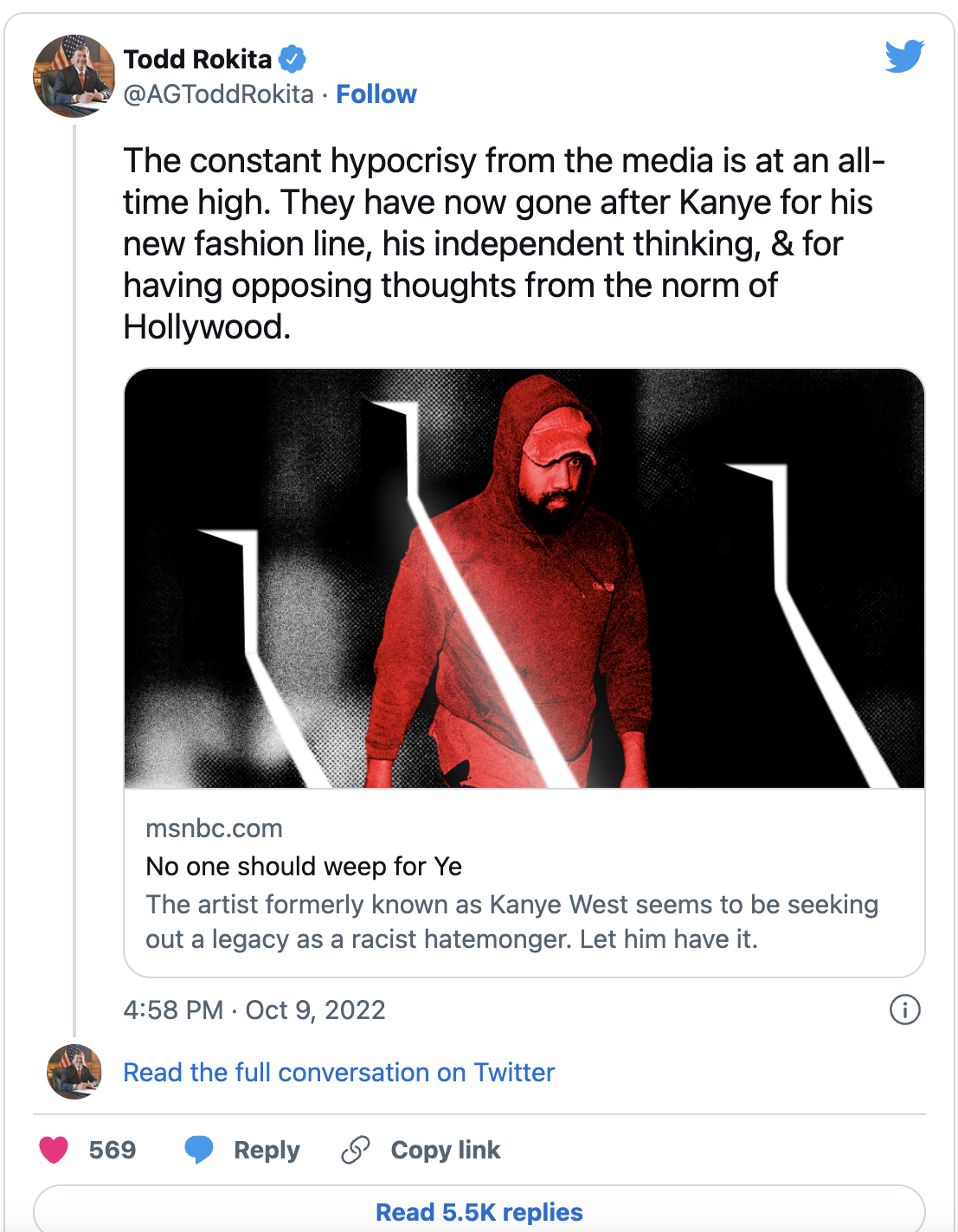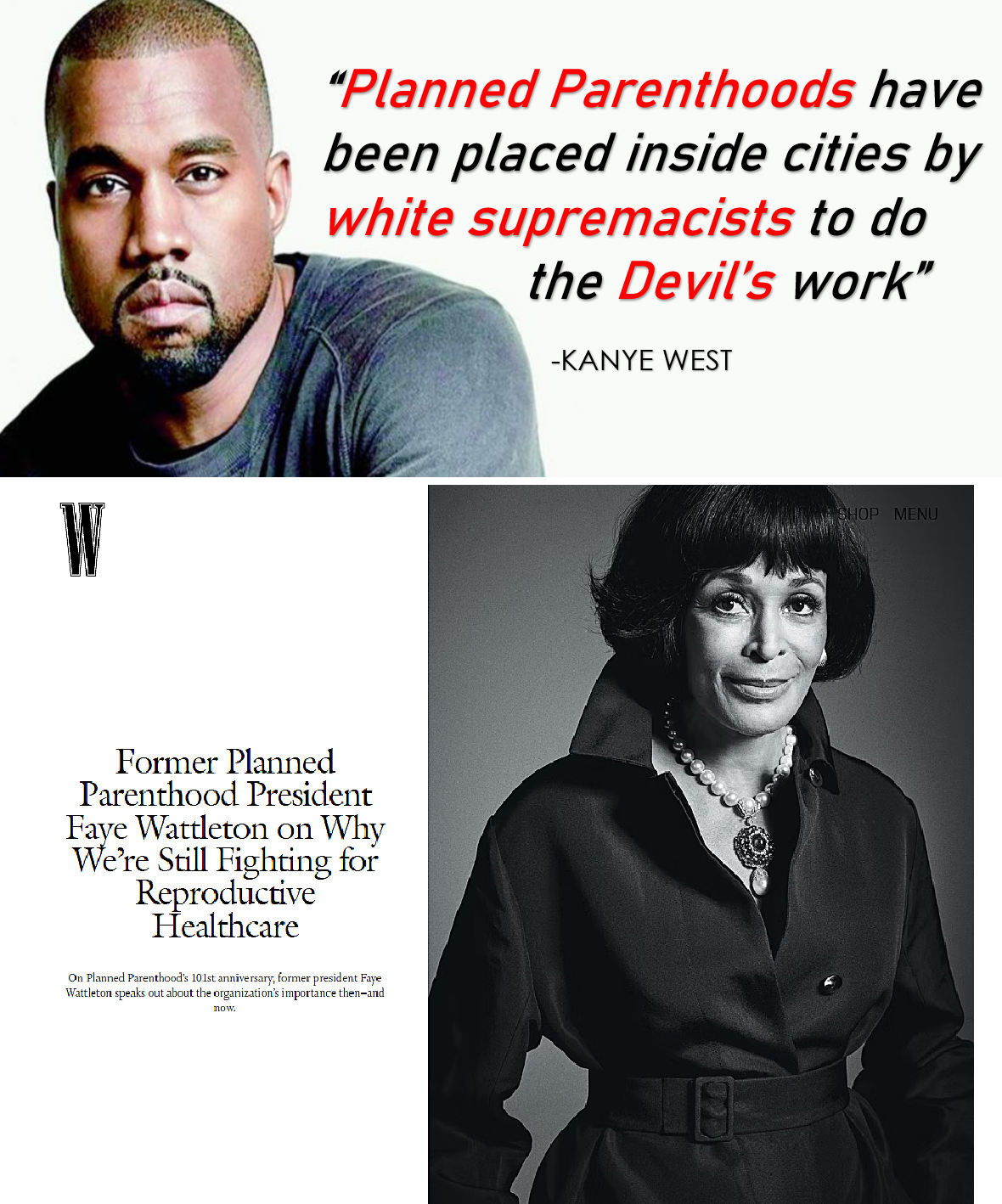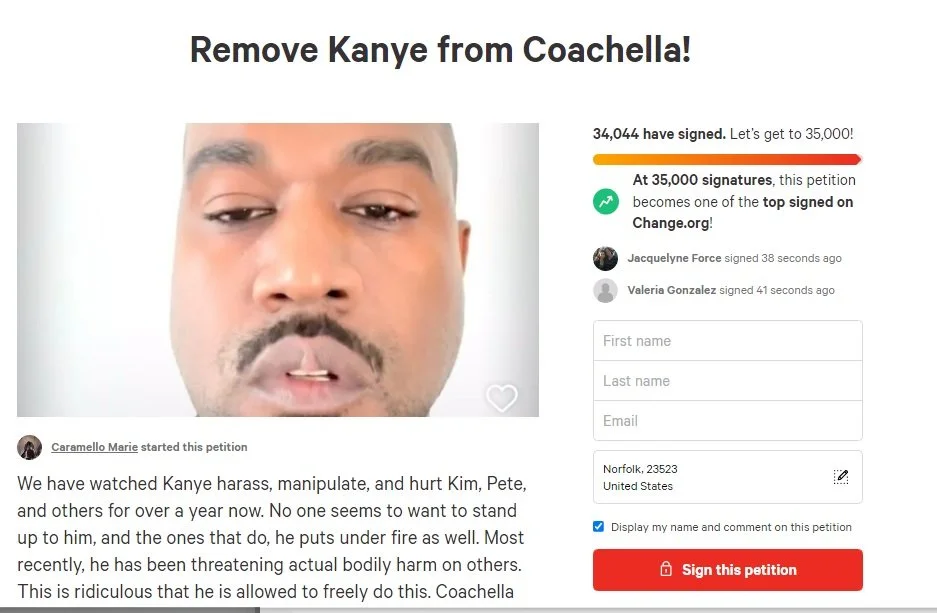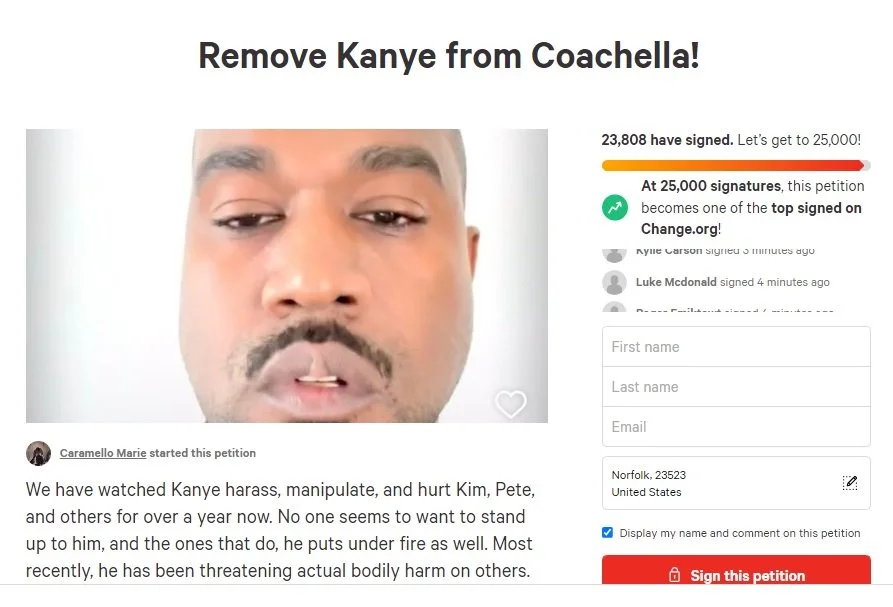A Complex Trump Hits Bookstores In 'Trump Revealed' By WaPo's Michael Kranish & Marc Fisher
/
The Blurbs on WaPo's New Book on Trump Are All Trump Quotes Mediaite
A new book on Donald Trump titled 'Trump Revealed' is hitting bookstores, co-authored by Washington Post investigative reporter Michael Kranish and senior editor Marc Fisher, along with reporting from 'dozens' of other reporters. The book has been overseen by Editor-in-Chief Martin Baron and is edited by publisher Scribner's EIC Colin Harrison.
Donald Trump has banned the Washington Post team from his political events but did cooperate originally in the book's narrative.
Related: Heavily reported, detailed Trump biography offers complex look at man who would be president Boston Globe
Trump paid dearly to boost fundraising Politico
The devil is always in the details, and the reports of Donald Trump's July fundraising are apples and oranges, compared to how the Clinton campaign reported its data. Much of Trump's fundraising amount is attached to the RNC and comes with heavy party-related strings attached. Just $36.7 million of the $80 million reported went directly to the Trump campaign.
Probably no better example of differences between the strategy of the two campaigns is found in Trump only increasing spending on his 84-person ground game staff from $392,000 in June to $432,000 in July. By comparison, the Clinton campaign spent $2.9 million on its 703-person payroll, most of it in the states. Rather than hire state-level staff for a get-out-the-vote campaign, Trump dropped $1.8 million on hats and other merchandise, two-thirds of what Clinton spent on national payroll. Will hats get voters registered and to the polls on election day? To be determined . . .
Election Update: National Polls Show the Race Tightening (Slightly) But State Polls Don't by Nate Silver FiveThirtyEight
Trump has gotten some slightly better results, with national polls suggesting a race more in line with a 5- or 6-percentage-point lead for Clinton instead of the 7- or 8-point lead she had earlier in August. But state polls haven’t really followed suit and continue to show Clinton with some of her largest leads of the campaign. Trump received some decent numbers in Iowa and Nevada, but his polls in other swing states have been bad.
Hope Is What Separates Trump Voters From Clinton Voters The Atlantic
Our presidential candidates are measured on countless factors, but only one matters to media pundits: the trust question. It's more important than competency, say the pundits. More important than temperament or working well with others. Because Hillary scores low -- and Trump lower -- no candidate will have a mandate to govern, argue the talking heads, because we are not casting positive votes for Hillary, but votes against Trump.
Pundits let slide the high figure that a large majority of Americans believe America is on the wrong track -- as if there is a consensus among the majority regarding what is wrong. They let stand the critical differences between how Republicans and Democrats view their candidates on the topic of hope -- and nowhere is that more obvious in the extraordinarily insulting new Trump commentary to African Americans that their lives are so bad that they have nothing more to lose.
If Trump understood Democratic voters, he would know that African Americans score high on hope -- with African American women starting more small businesses in America -- than any other group.
Instead Trump takes the fear of the future among his supporters and applies them to Democratic voters. As Gallup pointed out earlier in August, Trump voters are not Sanders voters. Fully 25% of Sanders voters were unemployed or disabled. Trump voters are not. In fact, they are doing better than the average American as high school degree voters, but they fear the future -- that they will be next in a perceived downwards spiral of America.
The key is optimism -- a measure of no interest to the talking heads. But the differences are critical in understanding the political landscape.
"Two-thirds of Hillary Clinton’s supporters think the next generation will be in better shape than we are today, or least the same, according to Pew Research. The reverse is true for Trump’s camp. Sixty-eight percent of his supporters think the next generation will be worse off. What’s more, the vast majority of Trump voters say life is worse today for people like them than it was 50 years ago. Only two percent —two!— think life is better now and that their children will also see improvement.
What we’re seeing is a hope gap. And it turns out that hope isn’t necessarily linked to a person’s current circumstances. Folks living in a poor community can still believe their children’s lives will be better, and people working in a reasonably secure local economy can still despair for the future. Rothwell’s work suggests it’s the communities that have seen the least societal change that are most likely to support the New York billionaire—by and large, they have fewer immigrants, fewer lost jobs, fewer impacts from global trade. People who have lost something aren’t voting for Trump, at least not uniformly. It’s the people who think they’re about to lose something."
Hillary Clinton Headlines August 21, 2016
Poll: Clinton extends lead over Trump in Ohio The Hill
Trump's Anti-Science Campaign The New Yorker
A turbulent week for Trump overshadows Clinton's vulnerabilities The Washington Post












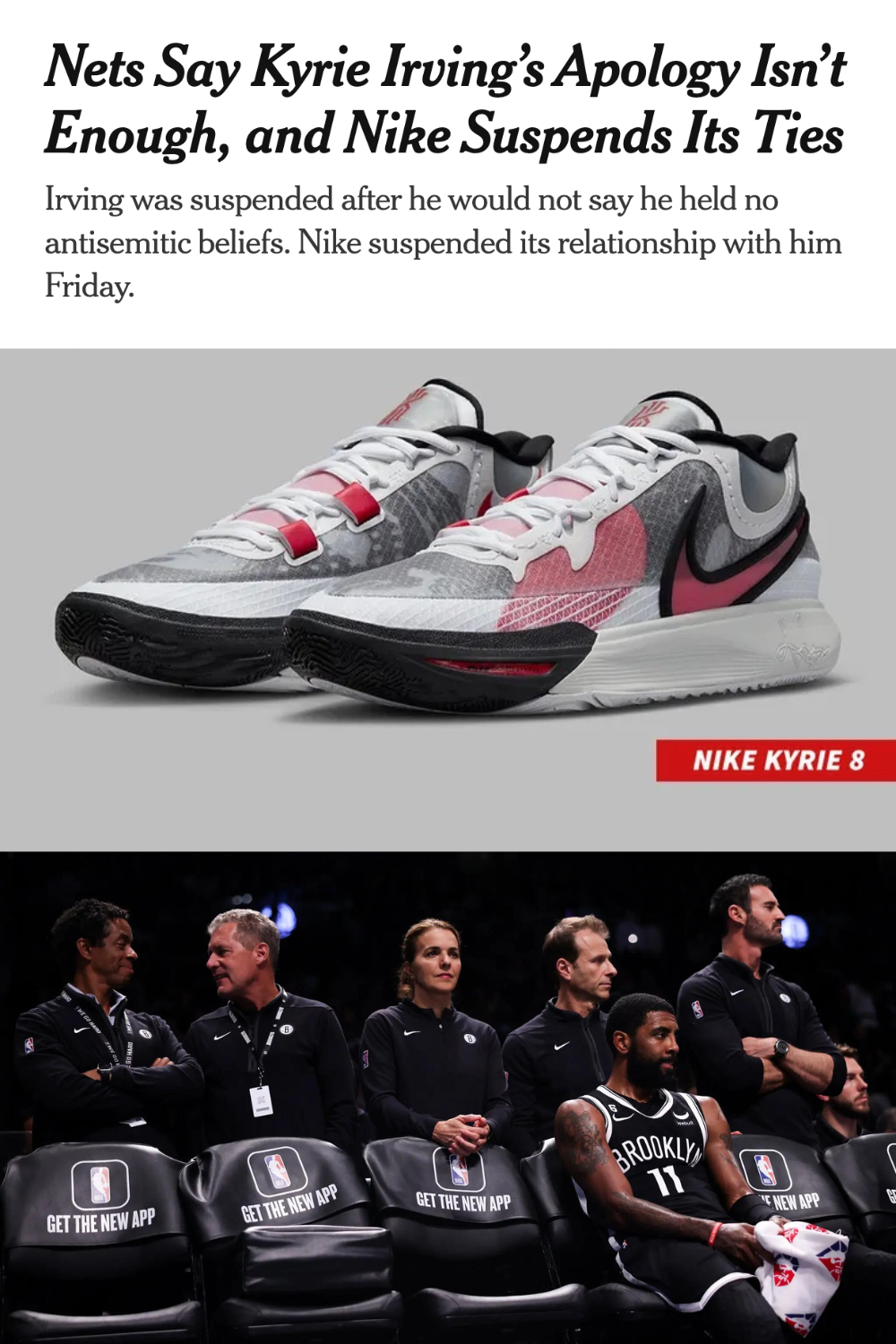
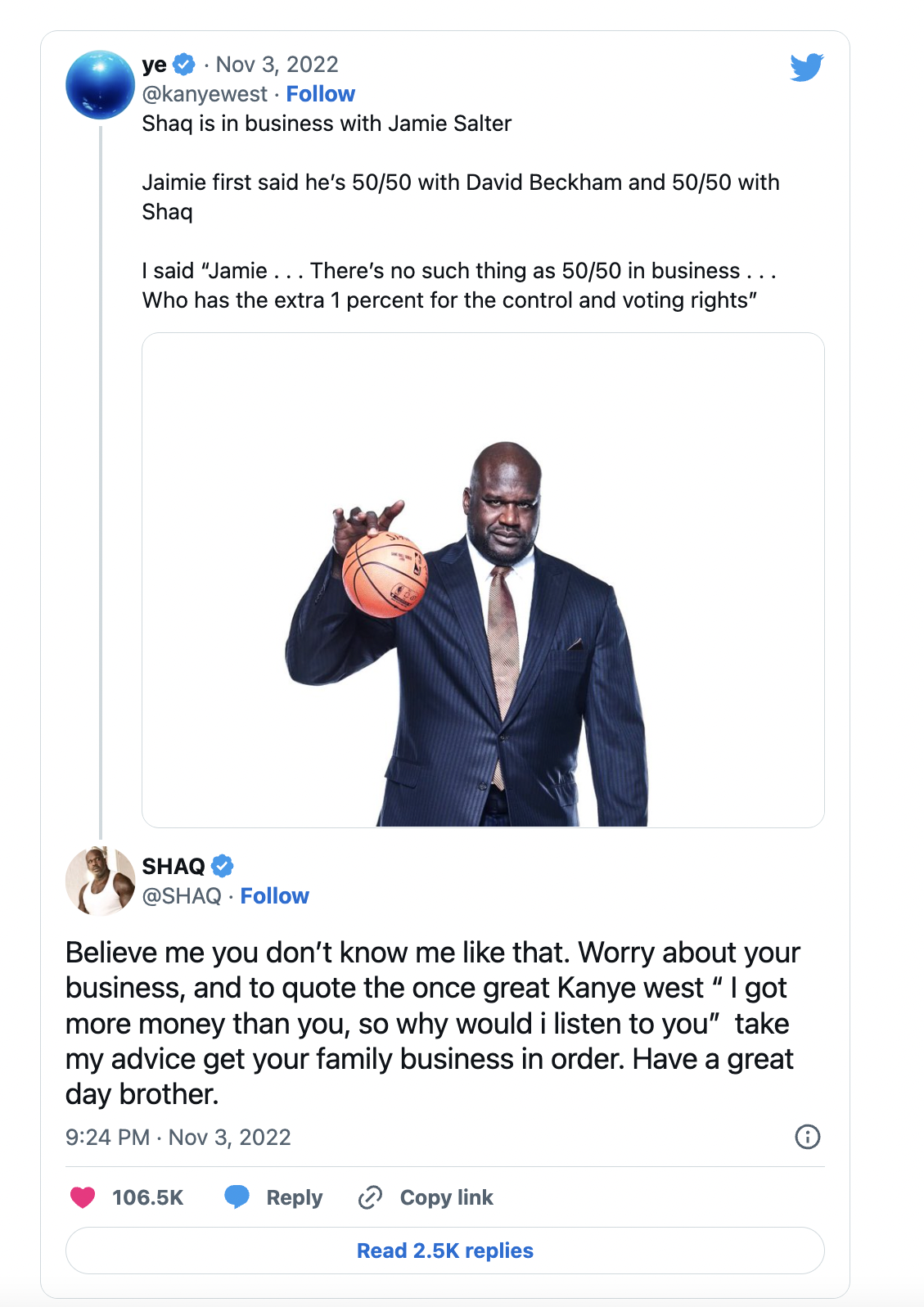










![Kanye West's [aka Ye] Refusal to Treat His Mental Illness Is No Excuse For His Anti-Semitism](https://images.squarespace-cdn.com/content/v1/55f45174e4b0fb5d95b07f39/1666238183530-4WVG9SNG88HTSKQ0WWDV/Is+Kanye-West-Running-Out-of-Platforms.png)
